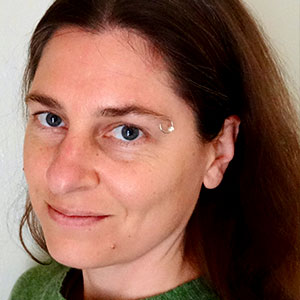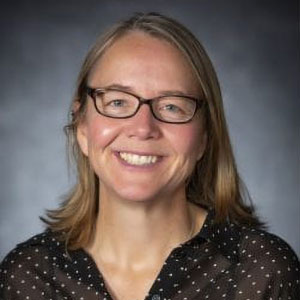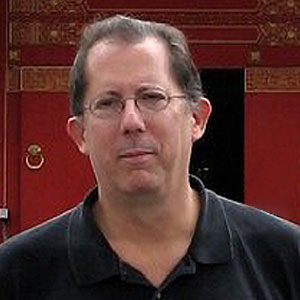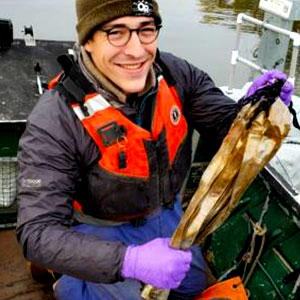Brought to you by:
Institute of Environmental Toxicology and Chemistry, The Foundation for WWU & Alumni
Description
Check out this video to watch the Regulatory toxicology in your life.
There are tens of thousands of chemicals on the market in the US. From cleaning products to cosmetics to food packaging, we expect that the chemicals found in our everyday consumer products should be safe. However, there is no absolute requirement for chemical safety testing, and even when safety issues are found, chemicals are rarely banned or restricted. Furthermore, the standard toxicity tests typically used to assess chemical safety focus on severe health effects at high doses with little information generated about more subtle health effects that may occur at lower doses over long periods of time. As a result, we are routinely exposed to chemicals that can harm our immune systems, impact our ability to have children, and increase our risk for cancer. This talk will provide an overview of how our chemical regulatory system works (or doesn’t work) and what you can do to reduce your exposures to risky chemicals.
More information about the speaker series is available, as are all past Toxicology and Societies recordings.
Featuring:

Abigail Bline, Speaker
Abigail Bline is a multidisciplinary scientist with expertise in environmental science, toxicology, and developmental biology. Her research focuses on biological mechanisms underlying health effects from PFAS and other environmental toxicant exposures and translating this information into action that promotes public health. She currently works as a postdoctoral research fellow with Silent Spring Institute and Northeastern University. She received her PhD in molecular toxicology from the University of California Los Angeles and her MSc in ecotoxicology from the University of Koblenz-Landau. Prior to completing her graduate studies, Abigail worked as an environmental consultant conducting contaminated site investigations.

Ruth Sofield, Co-Host
Ruth Sofield is a Professor of environmental toxicology and chemistry in the College of the Environment. She received her PhD and MS in Environmental Science and Engineering at the Colorado School of Mines. Ruth's research group focuses on the effects of water and air pollution. Their current projects include the aquatic toxicity of microplastic and tire wear particles, and the use of moss as a biomonitoring tool for particulate matter. Ruth is a member of the Puget Sound Partnership Science Panel and the President of the Pacific Northwest Society of Environmental Toxicology and Chemistry.

Tracy Collier, Co-Host
Tracy Collier received his PhD in Fisheries Sciences from the University of Washington. He has worked for over 45 years as a toxicologist, with more than 35 of those years spent at NOAA's Northwest Fisheries Science Center, where he served as the director of a science division that employed up to 100 people, covering several disciplines, including environmental toxicology, analytical chemistry, harmful algal blooms, and watershed processes. He has over 175 scientific publications, and currently is an affiliate faculty at Western.

Ian Moran, Co-Host
Ian Moran is a newly appointed Visiting Assistant Professor in the Department of Environmental Sciences at Western Washington University. He conducted his PhD research at Oregon State University leveraging passive chemical samplers and embryonic zebrafish to investigate the occurrence, movement and toxicity of chemical mixtures at contaminated sites in Oregon and Alaska. As an alumnus of the College of the Environment Ian is excited to be back on campus to teach toxicology courses this year!
Accommodations and Other Details
Contact The Foundation for WWU & Alumni for this event by calling (360) 650-3353 or emailing Alumni@wwu.edu.
There will be auto-captions available for this event.
